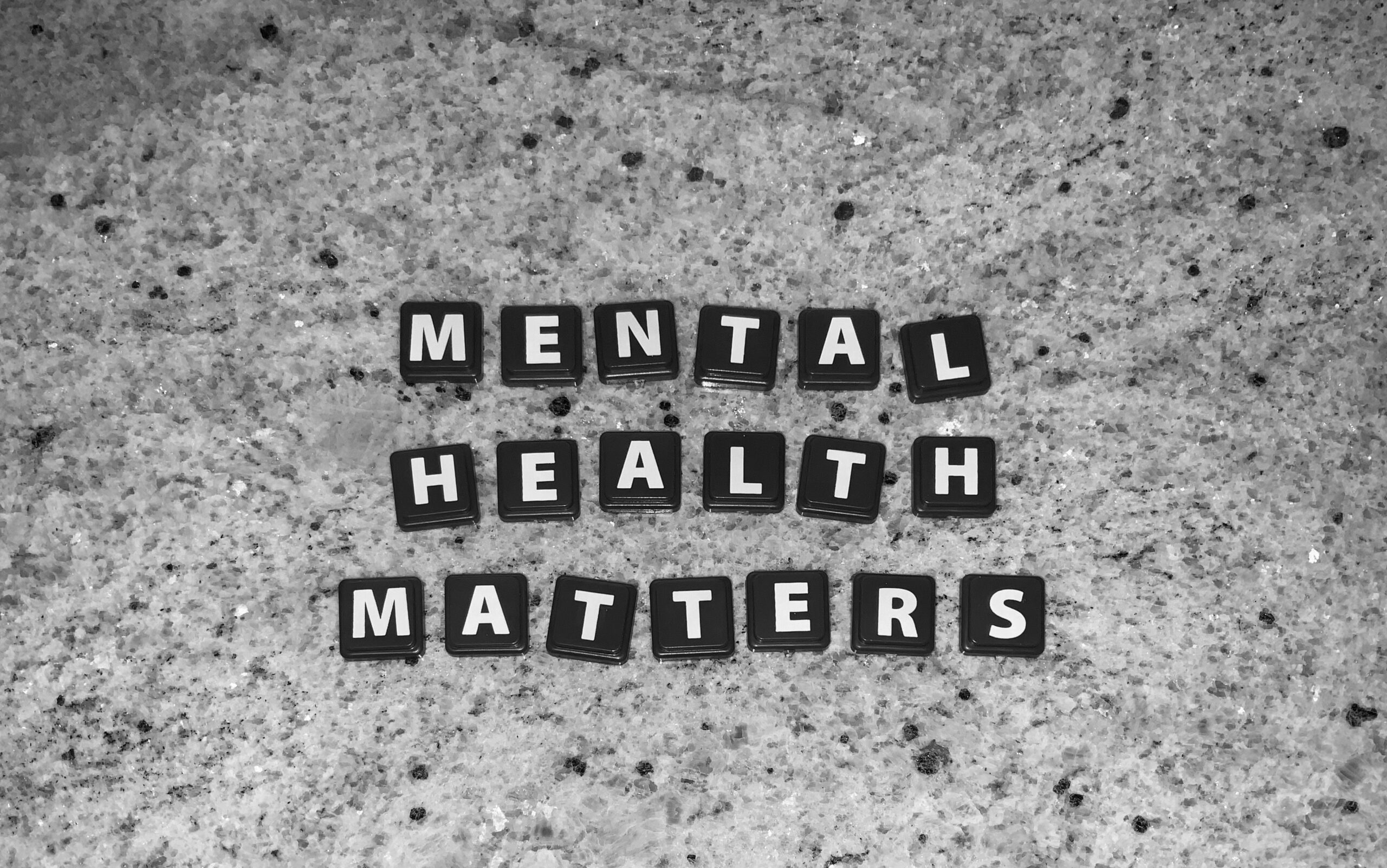In recent years, the proliferation of online color prediction games has raised concerns about their potential impact on mental health. These games, which blend elements of chance, skill, and monetary rewards, have garnered a large and diverse player base. However, there is growing recognition of the need to explore the connection between online color prediction and mental health disorders. In this article, we delve into this complex relationship, examining the potential risks and implications for individuals experiencing mental health challenges.
Understanding Online Color Prediction:
Online color prediction games on dream99.in have gained popularity as a form of entertainment and a source of potential income for many individuals. Participants engage in predicting the outcomes of color sequences or patterns, often with real-money stakes involved. These games leverage psychological factors such as anticipation, risk-taking, and reward-seeking to engage players and drive continued participation.
- Accessibility and Availability: Online color prediction games are easily accessible through digital platforms, allowing individuals to participate from anywhere with an internet connection. The convenience and availability of these games contribute to their widespread appeal and popularity among diverse demographics.
- Reward Mechanisms: The potential for monetary rewards in online color prediction games can trigger the brain’s reward pathways, leading to feelings of excitement, pleasure, and motivation. However, the intermittent nature of rewards, coupled with the element of chance, can also contribute to addictive behaviors and compulsive gaming patterns.
- Social Factors: Many online color prediction games incorporate social features such as leaderboards, chat rooms, and multiplayer modes to foster a sense of community and interaction among players. While social engagement can enhance the gaming experience for some individuals, it may also exacerbate feelings of isolation or peer pressure for others.
Exploring the Connection with Mental Health Disorders:
The relationship between online color prediction and mental health disorders is complex and multifaceted, with several potential implications:
- Addiction and Compulsive Behaviors: For some individuals, participation in online color prediction games may escalate into problematic gambling behaviors, characterized by excessive wagering, preoccupation with gaming, and difficulty in controlling impulses. These behaviors can have detrimental effects on mental health and overall well-being, contributing to stress, anxiety, and depression.
- Co-occurring Disorders: Individuals experiencing mental health disorders such as depression, anxiety, or substance abuse may be more vulnerable to the negative effects of online color prediction games. These games can serve as a coping mechanism or escape from underlying psychological distress, further exacerbating existing challenges and complicating treatment efforts.
- Financial Consequences: The potential for financial loss in online color prediction games can exacerbate financial stress and instability, particularly for individuals already experiencing economic hardship or financial difficulties. This can contribute to feelings of hopelessness, despair, and low self-esteem, further impacting mental health and overall quality of life.
Implications for Intervention and Support:
Addressing the connection between online color prediction and mental health disorders requires a multifaceted approach:
- Awareness and Education: Increasing awareness about the potential risks associated with online color prediction games can empower individuals to make informed choices and seek support if needed. Educational initiatives aimed at promoting responsible gaming practices and raising awareness about the signs of problematic gambling behavior can help mitigate potential harm.
- Access to Support Services: Providing access to mental health support services and resources is essential for individuals experiencing challenges related to online color prediction games. This may include counseling, therapy, peer support groups, and helplines tailored to address gambling-related issues and co-occurring mental health disorders.
- Regulatory Measures: Regulators play a crucial role in implementing policies and regulations aimed at promoting responsible gaming practices, protecting vulnerable individuals, and minimizing the potential harm associated with online color prediction games. This may include measures such as age verification requirements, responsible gambling messaging, and restrictions on advertising and marketing practices.
Conclusion:
The connection between online color prediction and mental health disorders underscores the importance of addressing the potential risks and implications of these games. By exploring this complex relationship and implementing proactive measures to support individuals experiencing challenges, we can promote responsible gaming practices, protect vulnerable populations, and safeguard mental health and well-being in online gaming environments. Through collaboration between stakeholders, including game developers, regulators, mental health professionals, and community organizations, we can work towards creating a safer and more supportive gaming landscape for all individuals.
